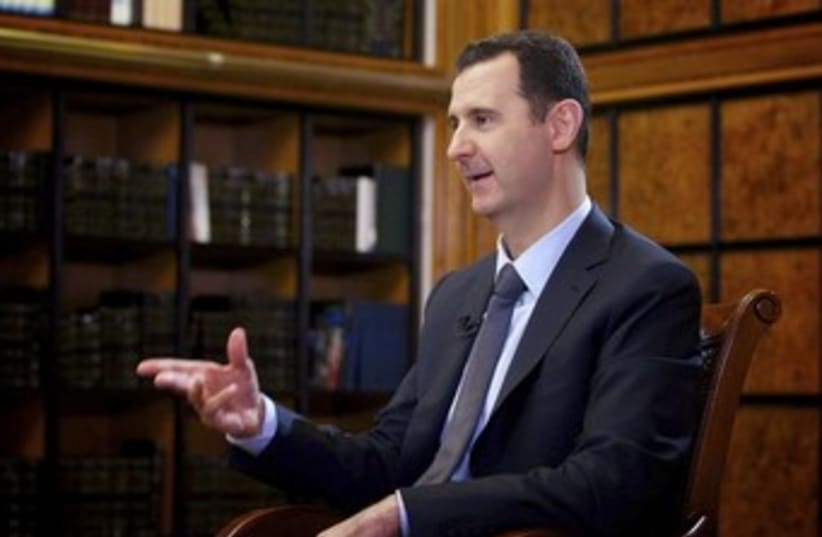There is a natural tendency among the media (and I include myself in this), something almost instinctual, to summarize certain events as quickly possible. To bestow points, to determine the winner and the loser, to shed light on an often blurry and murky picture, turn it into something black and white.
Immediately after the announcement that Syria had agreed to the Russian proposal on international oversight of the former's chemical weapons, the American and Israeli media was into two clear camps: President Barack Obama's detractors and supporters.
The former claim that Syrian President Bashar Assad is the big winner, while the latter maintain that Obama has shown the extent of his faith in international diplomacy, and has managed to get Damascus to give up on its chemical weapons without firing a single shot.
But when it comes to the current situation in Syria, it is still too early to identify the winners and losers. Only when the true picture becomes clear in another few months, will we see the impact of the Russia maneuvering of this last week: Did Assad really fool the West and manage to hang on to some of his chemical weapons, or can Obama really claim gains in the Middle East without any military action?
Of course Syria this week made it clear that it would sign up for the Chemical Weapons Convention. Yet despite this newfound "enthusiasm" by Damascus for international treaties, the chances of a scenario in which the Syrian president agrees to hand over his entire chemical weapons arsenal are not very high, although it is certainly possible.
Syria needs these weapons to deter superior powers such as the US from any attempt to invade, and the same principle applies to Israel as well. This Assad's insurance. It makes more sense, therefore, that the president will yield some chemical weapons, perhaps even most of them, but he will hold onto a few missiles, just in case.
